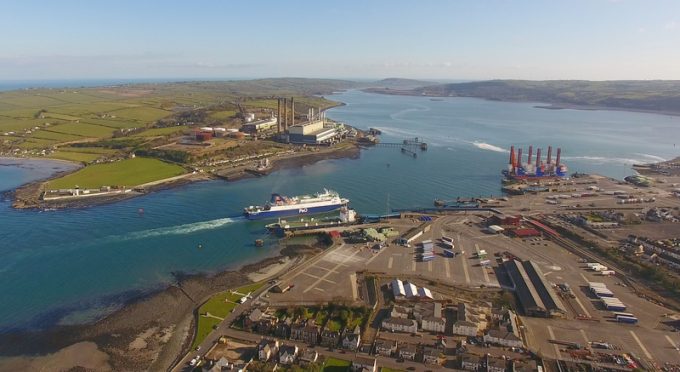Maersk u-turn as port congestion increases across Northern Europe
Just a few months after electing to swap its UK hub from Felixstowe to London ...

Northern Ireland continues to bear the brunt of changes brought about by Brexit as concerns over truck shortages grow.
Policy manager for Northern Ireland at Logistics UK Seamus Leheny told the Northern Ireland Affairs Select Committee there was a lack of procedural understanding on the GB ...
MSC switches two more Asia-Europe port calls from congested Antwerp
Front-loading frenzy has made traditional H2 peak season 'unlikely'
Canada and Mexico get cosy with trade plan to bypass US
Tradelanes: Export boom in Indian sub-continent triggers rise in airfreight rates
Carriers introduce surcharges as congestion builds at African ports
Mexican airport modernisation plan unlikely to boost cargo facilities
Ports and supply chain operators weigh in on funding for CPB
Tradelanes: Overcapacity on Asia-S America impacting alliances and rates

Comment on this article